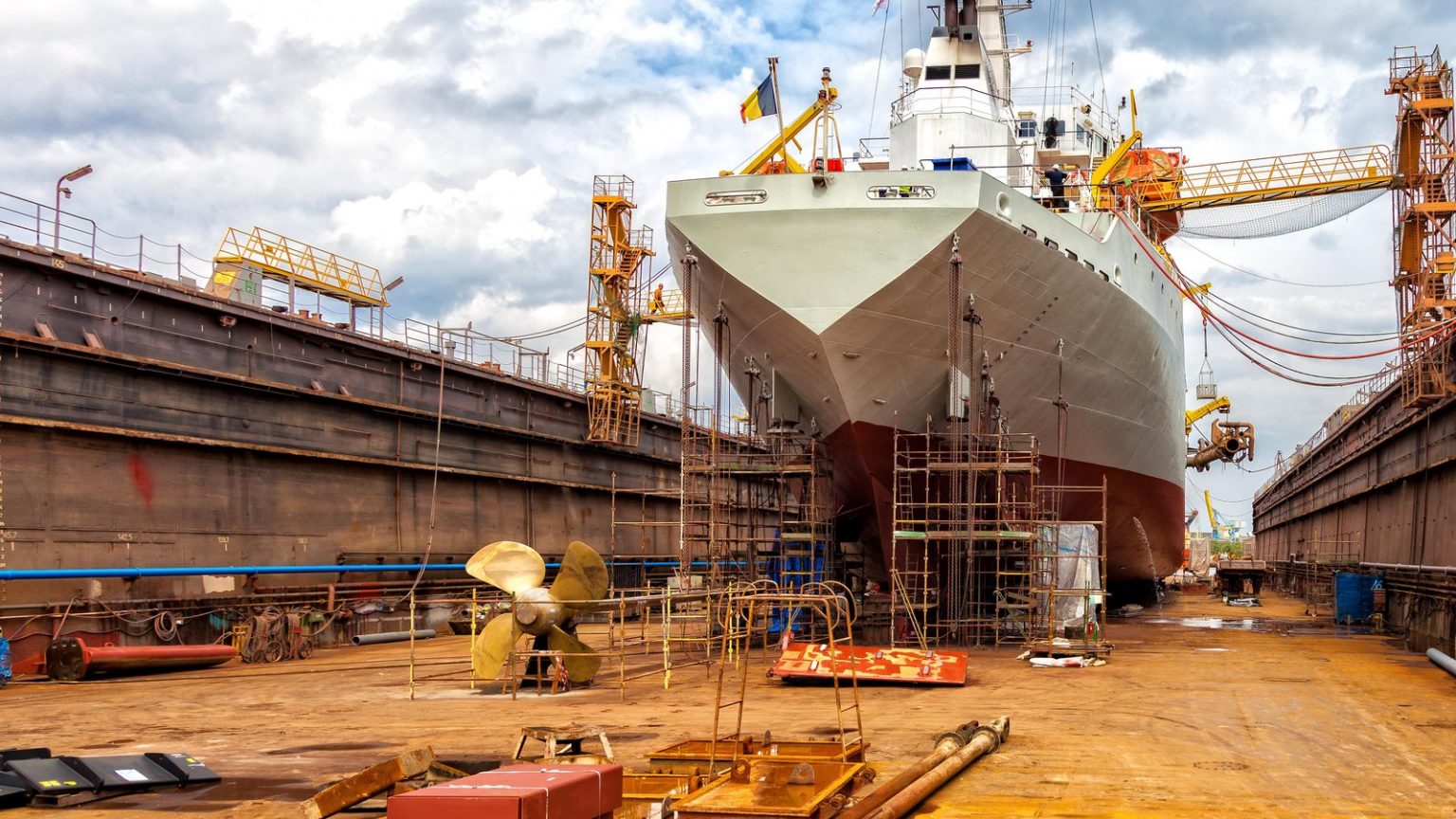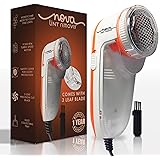
Nickel-copper alloys, particularly Monel 400, have garnered significant attention in marine applications due to their exceptional resistance to corrosion and superior mechanical properties. These alloys are particularly well-suited for environments where they are constantly exposed to seawater, harsh chemicals, and high-pressure conditions. This blog will explore the unique properties of Monel 400 plates and their various applications in marine environments.
What is Monel 400?
Monel 400 is a nickel-copper alloy that contains approximately 63% nickel and 29% copper, with traces of iron, manganese, carbon, and silicon. This unique composition endows Monel 400 with remarkable resistance to corrosion, particularly in seawater. Unlike many other metals, which may corrode rapidly when exposed to salty environments, Monel 400 withstands the harsh conditions of marine applications, making it a preferred choice for various uses in shipbuilding, offshore drilling, and marine engineering.
Corrosion Resistance
One of the standout features of Monel 400 plates is their exceptional resistance to corrosion. This alloy performs admirably in both reducing and oxidizing environments, making it ideal for marine applications where exposure to seawater is a constant factor. The nickel content in the alloy provides an extra layer of protection, allowing it to resist pitting, crevice corrosion, and stress corrosion cracking. As a result, structures and components made from Monel 400 maintain their integrity over time, reducing the need for frequent maintenance and replacements.
Applications in Marine Environments
- Marine Hardware and Equipment
Monel 400 plates are widely used in the manufacturing of marine hardware, such as valves, pumps, and fittings. These components require materials that can withstand continuous exposure to seawater without succumbing to corrosion. The use of Monel 400 ensures that these critical pieces of equipment maintain their performance and durability.
- Shipbuilding
The shipbuilding industry benefits significantly from the use of Monel 400 plates. These plates are employed in the construction of hulls, propellers, and other structural components. Their ability to resist seawater corrosion extends the lifespan of ships, thereby enhancing safety and reducing maintenance costs.
- Offshore Drilling
In offshore drilling operations, equipment must endure harsh marine conditions. Monel 400 plates are often used in drilling rigs, pipelines, and risers due to their strength and corrosion resistance. This durability ensures that operations remain efficient and safe, even in the most challenging environments.
- Heat Exchangers and Condensers
Monel 400 is also utilized in heat exchangers and condensers where seawater is used as a cooling medium. The alloy’s resistance to seawater corrosion makes it an ideal choice for these applications, where any degradation could lead to significant operational issues.
- Chemical Processing
In addition to marine applications, Monel 400 plates are employed in chemical processing environments where corrosive substances are present. Their ability to withstand harsh chemicals complements their marine applications, making them versatile for various industrial sectors.
Conclusion
In conclusion, nickel-copper alloys, particularly Monel 400 plates, play a crucial role in marine environments due to their exceptional resistance to corrosion and mechanical strength. Their applications in shipbuilding, marine hardware, offshore drilling, and chemical processing illustrate the versatility and reliability of Monel 400. By utilizing this alloy, industries can ensure the longevity and durability of their marine equipment, significantly reducing maintenance costs and enhancing operational efficiency. As technology advances, the use of Monel 400 in marine applications is likely to expand, providing innovative solutions to meet the growing demands of the industry.
Car Washer High Pressure Gun TEKCOOL Cordless Portable Wireless Pressure Washer Gun 48V 12000mah High Pressure Water Gun for Car Wash Bike Washing Cleaning| Adjustable Nozzle and 5M Hose Pipe
₹1,599.00 (as of 26 December, 2024 11:25 GMT +05:30 - More infoProduct prices and availability are accurate as of the date/time indicated and are subject to change. Any price and availability information displayed on [relevant Amazon Site(s), as applicable] at the time of purchase will apply to the purchase of this product.)Nova Lint Remover for Clothes Fabric Cleaner for Woolen Clothes | 2 Year Warranty
₹348.00 (as of 26 December, 2024 11:25 GMT +05:30 - More infoProduct prices and availability are accurate as of the date/time indicated and are subject to change. Any price and availability information displayed on [relevant Amazon Site(s), as applicable] at the time of purchase will apply to the purchase of this product.)nutripro Copper Juicer Mixer Grinder - Smoothie Maker - 500 Watts (3 Jars, Silver) - 2 Year Warranty
₹1,799.00 (as of 26 December, 2024 11:24 GMT +05:30 - More infoProduct prices and availability are accurate as of the date/time indicated and are subject to change. Any price and availability information displayed on [relevant Amazon Site(s), as applicable] at the time of purchase will apply to the purchase of this product.)MILTON Aura 1000 Thermosteel Bottle, 1050 ml Water Bottles, 24 Hours Hot and Cold, Easy to Carry, Easy Grip, Rust Proof, Tea, Coffee, Office, Travel Bottle, Black
₹932.00 (as of 26 December, 2024 11:24 GMT +05:30 - More infoProduct prices and availability are accurate as of the date/time indicated and are subject to change. Any price and availability information displayed on [relevant Amazon Site(s), as applicable] at the time of purchase will apply to the purchase of this product.)GLUN® Lint Remover for Clothes Fuzz Remover for All Woolen Clothes, USB Port, Lint Remover for Clothes, Sweaters, Blankets Pack of 1
₹199.00 (as of 26 December, 2024 11:24 GMT +05:30 - More infoProduct prices and availability are accurate as of the date/time indicated and are subject to change. Any price and availability information displayed on [relevant Amazon Site(s), as applicable] at the time of purchase will apply to the purchase of this product.)Discover more from The General Post
Subscribe to get the latest posts sent to your email.





